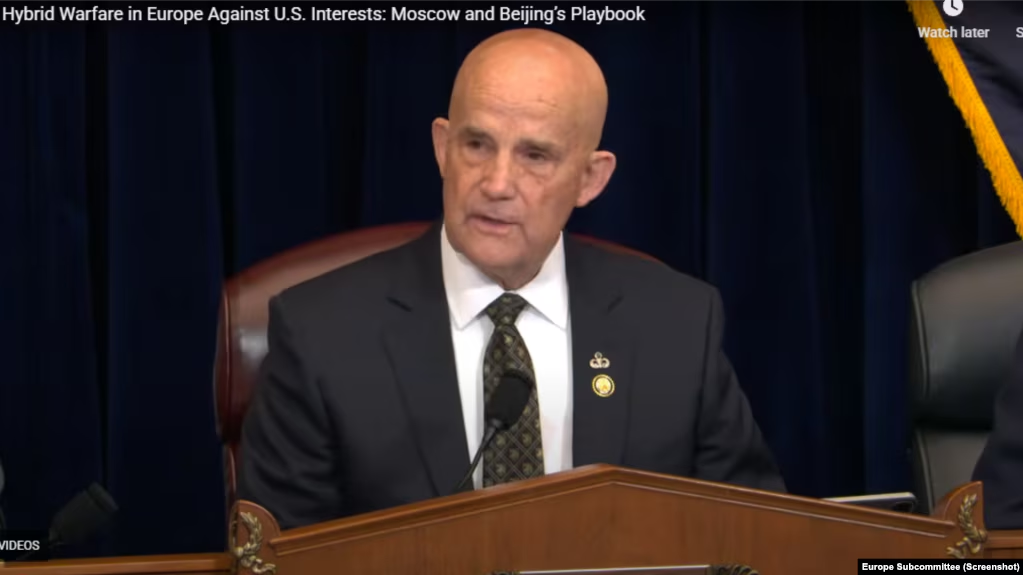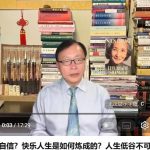Published: January 18, 2013
BEIJING — Viewed through the lens of the Marxist tenets he so ardently promoted, Yi Junqing’s relationship with a female researcher would have probably been categorized as exploitive.

Imaginechina, via Associated Press
Yi Junqing spoke at a meeting in Beijing in 2010.
Mr. Yi, 54, an impish scholar who held the job of China’s top guardian of Communist literature, is said to have provided the woman with a fellowship at his research institute in exchange for $1,600. The sex and jewelry came later.
The allegations came to light last month after the woman, Chang Yan, 34, posted online a self-indulgent and occasionally scintillating diary that recounted a yearlong affair between the two married scholars. A few days later, Ms. Chang tried to retract her sprawling tell-all, but the damage was done.
On Thursday, Mr. Yi, the director of the Central Compilation and Translation Bureau, was dismissed from his job. Xinhua, the state news agency, kept its dispatch brief and clean: Mr. Yi, it said, was let go over “lifestyle issues.”
In a season when dozens of ethically challenged Chinese officials have been felled by their lust for women, money and luxury watches, the downfall of Mr. Yi prompted a hearty round of snickering and schadenfreude, and not just because his vice minister’s rank made him one of the more senior party members to lose his job over official malfeasance.
“People have come to treat such news as entertainment, but that’s only because we feel so helpless,” said Zhu Ruifeng, a muckraking journalist who specializes in the misdeeds of Chinese officials.
Mr. Yi’s main job, after all, was to propagate the leftist and often puritanical teachings of Mao Zedong and other Communist luminaries at a time when many Chinese have grown disenchanted by the seeming lack of rectitude among their leaders.
The headline in The Qianjiang Evening News of Hangzhou seemed to sum up the public’s disgust: “Mouthful of Marxism-Leninism, Mind Full of Filth and Vice.” The commentary went on to criticize Mr. Yi for selling positions at his institute, which has a staff of nearly 300 and is charged with translating Marxist tracts into Chinese and Chinese government documents into a number of foreign languages. More than a theoretician, Mr. Yi was a vocal critic of vulgarity in popular culture and an advocate for enhancing China’s soft power by selling the notion of Chinese virtue to the world. Speaking to the state media in 2011, he said the nation should be “selecting moral models and setting positive examples” that portray China’s image in a positive light, “so the world would see the true glamour and strength of modern China.”
While it was the party leadership that ultimately tossed Mr. Yi overboard, it was the Internet that sealed his fate. Over the past two months, a parade of corrupt officials have been exposed by enterprising journalists, anonymous tipsters or, in Mr. Yi’s case, jilted lovers.
Recent cases include the relatives of a housing official in Henan Province who had amassed 31 properties and a deputy mayor in Guangdong Province who was fired and placed under investigation after his cozy ties to a drug gang were publicly revealed by a disgruntled underling.
Given China’s normally tight censorship restrictions, some analysts have suggested that the spate of scandals appearing online is a sign that the new leadership is committed to fighting corruption in the party. During his inaugural address in November, Xi Jinping, the new Communist Party chief and incoming president, warned that unchecked graft threatened to destroy the party.
Xinhua, on its microblog account, tried to put a positive spin on the latest scandal, saying, “The resolute management of problematic officials shows the determination of the party’s fight against corruption.”
Judging from the deluge of biting commentary on Sina Weibo, the Chinese equivalent of Twitter, however, few people were convinced. “The shameful step-down of this minister-level official once again proves the Internet wisdom: rumors are but prophecies,” Xue Manzi, a widely followed businessman, wrote on his microblog.
When it comes to Chinese-style scandal, Mr. Yi’s transgressions — at least those alleged by his former lover — are not particularly spectacular. He seems to have had a fondness for sushi and sake, and for lunchtime tête-à-têtes at a Beijing hotel with Ms. Chang — 17 of them, by her count.
She described a man who enjoyed talking politics, but also about his own achievements. “I am quite talented after all,” he supposedly said after recounting the favorable impression he had made on Mr. Xi, the party chief.
Ms. Chang does not exactly come off as a naïf. After giving him an additional $8,000 (and a bottle of Boss cologne), she said she grew angry when Mr. Yi failed to secure her a permanent position at his institute. She was also not pleased to learn he had other lovers, one of whom she claims was a post-doctoral student he was advising. In the end, she admits that she tried to blackmail him, demanding more than $96,000 to leave him alone.
After the diary’s release, Ms. Chang tried to backpedal, saying she was depressed and nearly delusional from working too much when she wrote its 100,000 characters. “In my spare time I put together a work of fiction,” she said.
Patrick Zuo contributed research.











